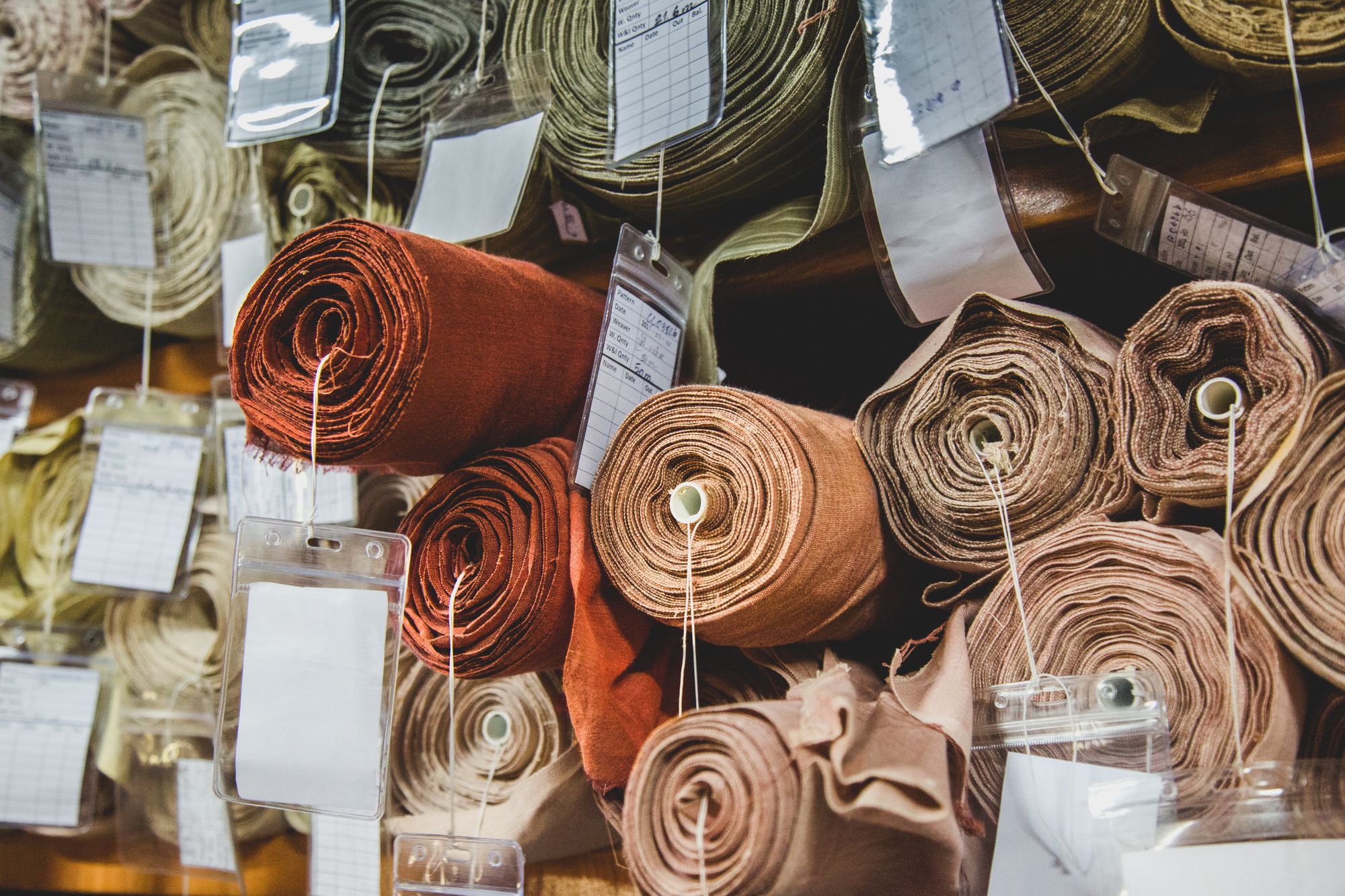Introduction
In a world increasingly conscious of environmental issues, the fashion industry has been taking steps toward sustainability and ethical practices. One significant aspect of this transformation is the use of eco-friendly fabrics. These materials are designed to minimize harm to the planet and human health throughout their lifecycle. In this article, we’ll delve into the exciting world of eco-friendly fabrics, exploring their benefits and the positive impact they are making on the fashion industry.
Understanding Eco-Friendly Fabrics
Eco-friendly fabrics are textiles made from sustainable materials and processes. They prioritize environmentally friendly production methods, resource conservation, and often, social responsibility. Here are some of the most widely used eco-friendly fabrics in fashion:
- Organic Cotton: Organic cotton is grown without synthetic pesticides or genetically modified organisms (GMOs). It reduces the environmental impact of traditional cotton farming, which is notorious for its heavy use of chemicals and water.
- Tencel (Lyocell): Tencel is derived from sustainably sourced wood pulp, typically from eucalyptus trees. The production process uses a closed-loop system, minimizing water and chemical waste.
- Hemp: Hemp is a versatile and durable fiber that grows rapidly with minimal water and pesticide requirements. Its cultivation has a lower environmental footprint compared to other natural fibers.
- Recycled Polyester: Made from post-consumer plastic bottles or textile waste, recycled polyester reduces the need for new petroleum-based resources and decreases landfill waste.
- Piñatex: Piñatex is a sustainable alternative to leather made from pineapple leaf fibers. It provides economic opportunities for farming communities and repurposes agricultural waste.
- Recycled and Upcycled Fabrics: These fabrics are created by reusing and repurposing existing textiles and clothing items, extending their lifecycle and reducing waste.
Benefits of Eco-Friendly Fabrics
- Reduced Environmental Impact: Eco-friendly fabrics often require fewer natural resources, emit fewer greenhouse gases, and generate less pollution during production compared to conventional materials.
- Less Chemical Use: Organic and eco-friendly fibers are grown without synthetic pesticides and GMOs, reducing chemical exposure for both agricultural workers and consumers.
- Water Conservation: Many sustainable textiles, like Tencel, use closed-loop manufacturing processes that recycle water, significantly reducing water consumption.
- Biodiversity Preservation: Sustainable farming practices and the use of organic materials support healthier ecosystems and biodiversity.
- Improved Worker Conditions: Ethical and sustainable fashion brands often prioritize fair labor practices and safe working conditions for their employees.
The Fashion Industry’s Shift Towards Sustainability
As consumers become more conscious of their environmental footprint, the fashion industry has started to embrace sustainability as a core value. Major fashion houses, as well as smaller, independent brands, are incorporating eco-friendly fabrics into their collections. Sustainable fashion has grown beyond a niche market and is now a significant driver of change within the industry.
Conclusion
Eco-friendly fabrics are a vital component of the fashion industry’s journey toward sustainability. They offer numerous benefits, from reduced environmental impact to improved working conditions for those in the supply chain. As consumers become more aware of the consequences of their choices, they are increasingly seeking out eco-friendly fashion options. By supporting brands that prioritize sustainability and the use of eco-friendly fabrics, individuals can contribute to a more responsible and ethical fashion industry, one garment at a time. Ultimately, the adoption of these materials signals a positive shift toward a more environmentally conscious and socially responsible fashion future.



